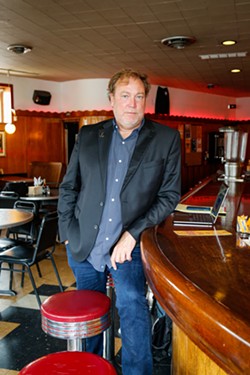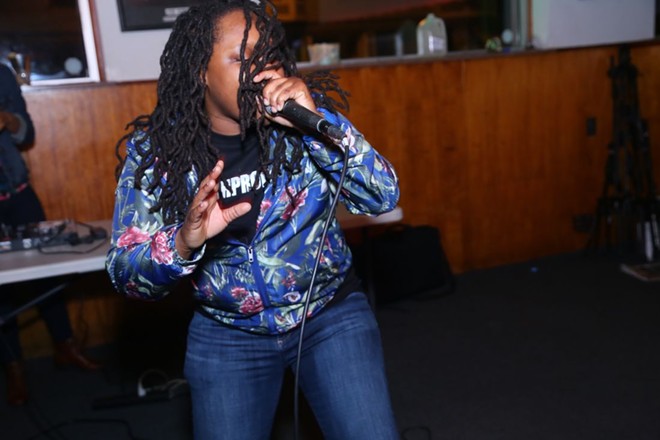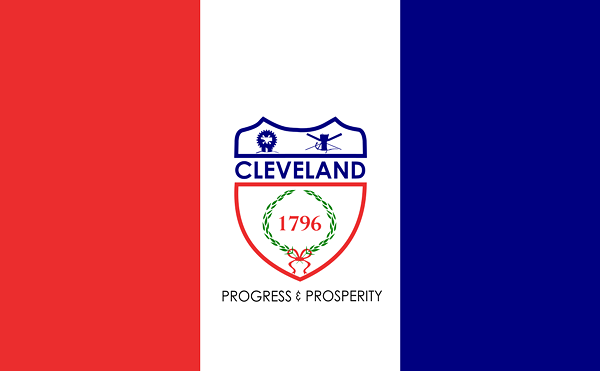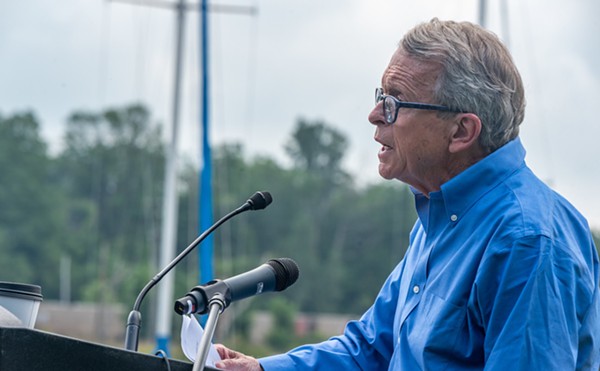The Greater Cleveland Music Census, a collaboration between Austin's Sound Music Cities and the Happy Dog's Sean Watterson, went live at 10 a.m. this morning, and will be open to entertain the thoughts of scene denizens until December 1st.
Intended for three categories—"creatives," "presenters" and "industry professionals"—the survey itself seems to cover every nook and cranny of possible data points, from participants' Zip codes to gender identity and race to their interest in music unions or introductory workshops for business literacy.
The overarching aim, says Watterson, is to eventually compile data from thousands of survey takers and use it to advocate for more county dollars in musicians' pockets, or to balloon political representation at City Hall.
"This is an opportunity to really shape the work of a Music Commission," Watterson told Scene. "Knowing the size of our needs really helps scope the amount of funding that goes into these things."

Cuyahoga Arts & Culture, a county organization Watterson looks to show off findings to, is one that could be swayed with the right feedback. "I mean, their operating budget is bigger than the slice that goes to individual artists."
As for ensuring the census reaches the most browsers as possible, Sound Cities enlisted 103 community partners and ambassadors, from the Rock & Roll Hall of Fame to the Ukulele Club of Coventry, to distribute the survey to its targeted demographic. Watterson suggested that Cleveland having a music commission—as does Columbus—would make such surveying a tad easier.
The survey itself, taken as a journalist who covers music and a musician oneself, is a little bit on the lengthy side, taking roughly 35 minutes to complete with thoughtful answers.
Besides the expected inquiries into annual income, shows played monthly, post-pandemic concerns, the census veers also into bigger questions: "Do you find you local music scene HOMOGENOUS or DIVERSE?", "Do you find it AGEIST or NON-AGEIST?", "RACIST or INCLUSIVE?"
And, of course, the music commission debate: "Do you think Greater Cleveland's music ecosystem would benefit from more formalized advocacy?"
It's a wonder, especially with the large chunk of time needed, if most musicians may balk at any notion of "formal advocacy," or any governmental body being involved in their work. A notion that Watterson says is totally misguided.
"This isn’t anything institutional or nonprofit," Watterson said. "This truly is community-led. This is not one of those big-dollar, giant consulting reports. This is real data and everybody is going to see it."
Subscribe to Cleveland Scene newsletters.
Follow us: Apple News | Google News | NewsBreak | Reddit | Instagram | Facebook | Twitter | Or sign up for our RSS Feed














